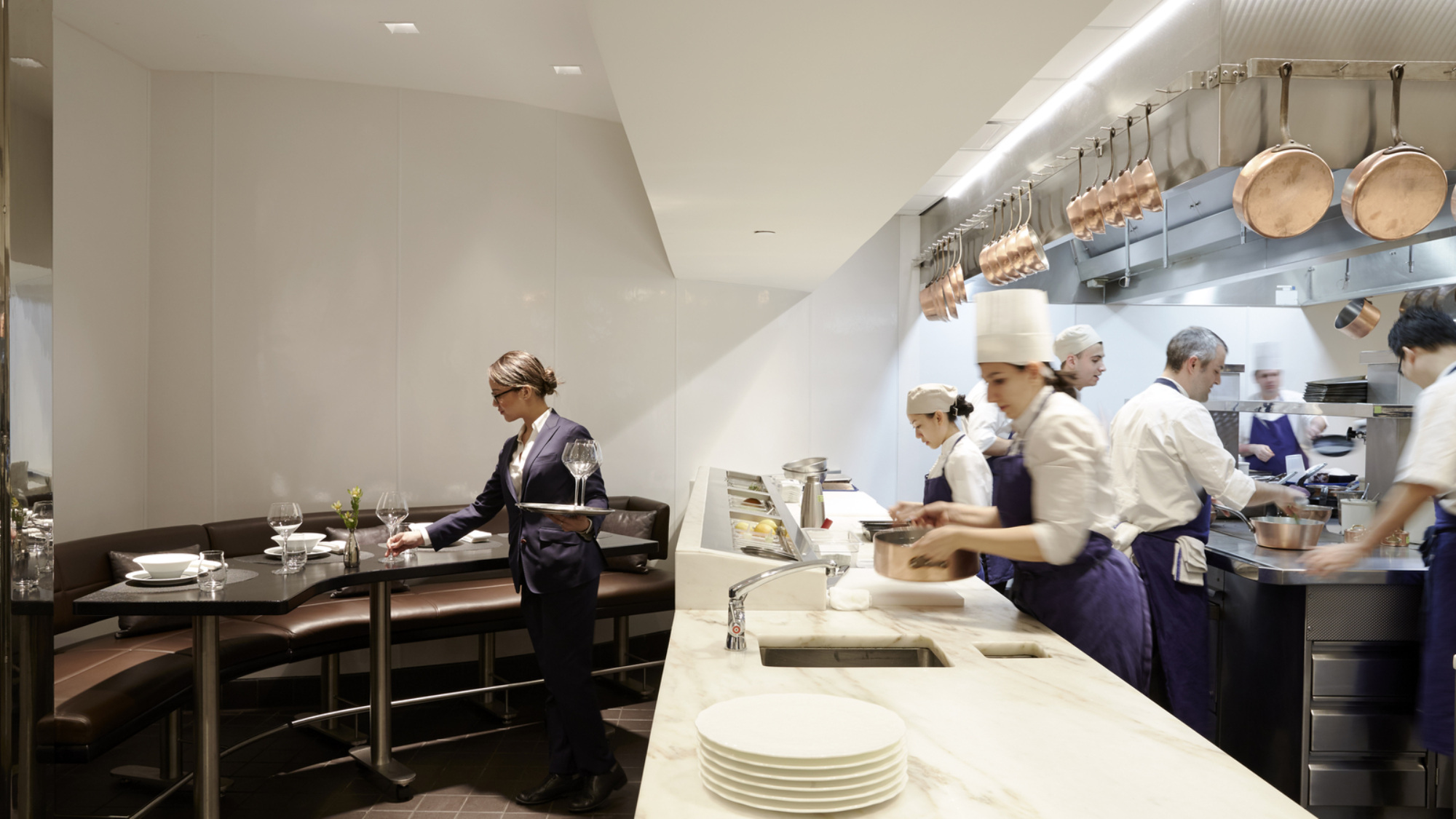

How Two Restaurants Successfully Adopted a Four-Day Work Week
Hospitality is infamously known for its long, intense hours. Over the last few years, operators’ interest in creating a more balanced work environment has increased. One solution to work-related burnout that’s been regularly discussed in other industries is moving from the standard five-day work week to a four-day week. Trouble is, that kind of seismic change can seem daunting or even impossible to implement, particularly in a service-based environment.
Some businesses have already set that shift in motion to great success. We spoke with two operators, a general manager and a chef, to glean how they made the change, what challenges they encountered along the way, and advice for fellow operators looking to adjust their approach to scheduling.
Case 1: Laurel (Philadelphia)
Jane Fryer, General Manager:

“When we reopened in August 2021 after the pandemic’s first wave, we knew we wouldn’t have a huge surge of guests. So we decided to open only four days a week and be closed on Tuesdays [in addition to our usual Sunday and Monday]. We found we were really happy with it because before the pandemic, Tuesdays were never really that busy anyway.
Four day work weeks are long [in hours]: They’re usually around nine-hour days. At Laurel, everyone whether back-of-house or front-of-house are paid the same hourly wage and are paid out of the same tip pool. Our kitchen staff used to be salaried before we went to a four-day work week. Now, they’re working less hours per week than when we were open 5-days-a-week but making nearly the same.
These days, with us only open for regular dinner service four days a week, when we do a private event, it makes the week a more manageable five-day work week instead of a six-day work week like it used to be.”
The Challenges
“Getting deliveries when you’re only open four days a week [is difficult]. If we’re not careful, we can end up with a lot of waste at the end of the weekend. Sometimes that means we get to be creative with how we use those ingredients and that might mean, for example, one day it’s a really great staff meal with sushi.”
Advice for Operators Who Want to Make the Switch
- Cut the day you’re consistently least busy.
- Let the staff know as soon as possible that you’re going to make the change. That way, if they have plenty of lead time if they want to land themselves an additional part-time job.
- Communicate with the public. Use social media to clarify that you’re just taking an extra day off.
Case 2: The Modern (New York City)

Sarah Hsieh, Chef de Cuisine:
“The pandemic gave me a lot of perspective on how things were done. And made me want to figure out a better way to do them. Part of that was knowing, ‘Do cooks really need to work 60-hour work weeks?’
At first we expanded our prep team. Our cooks were spending time doing their work on the line during service and having to make pasta. The problem with that approach isn’t just the extra hours; it’s also not efficient and the end product is less good. Now someone makes pasta all day on the prep team and she’s amazing at it.
Since we began making this change to the work week, we’ve added an additional five to six roles, between prep team and normal staff. Because if you want to do a four-day work week, you need more people. This creates a safety net. It forces us to look at the way we schedule. You need people that can work multiple stations and that requires lots of cross-training.
Now we’re able to say to a newer person on staff, ‘You’ve been on this station for a few months, and you’re going to train on the station next to you.’ We can have three people trained on two stations instead of two people working only two stations. That creates flexibility.”
The Challenges
“When we were working toward the goal of a four-day work week a few years ago, I started hiring even when I didn’t need to hire. Resumes come in, we look through them, and we reach out. In the past we would hire only when we needed someone. Nowadays we constantly bring people on. And if someone can’t start right away because, for example, they’re going on vacation with their family for three months, we tell them, ‘Do it—and start with us at The Modern when you’re back.’”
Advice for Operators Who Want to Make the Switch
- Stay organized. It’s easy to mess up with the scheduling and the cross-training.
- You have to hire constantly. If you can’t get ahead of your staffing needs, you will never be able to implement the reduction in days worked.
*Opinions and views in articles shared on Resy OS are presented for the purpose of discussion and commentary on topics of interest in the restaurant industry; they should not be viewed as substitutes for advice given by professionally engaged business consultants and advisors.
















